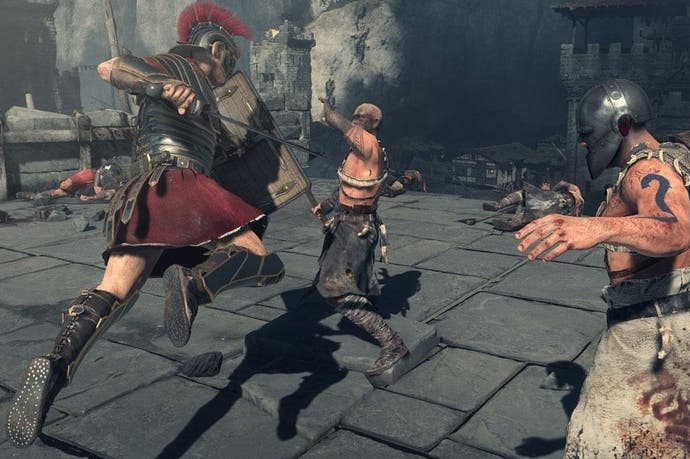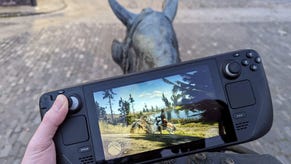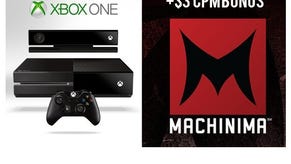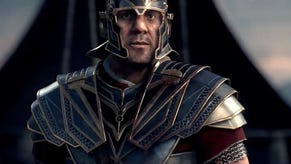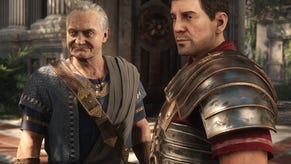Microsoft Studios' Phil Spencer on Resolutiongate and Kinect
"Games should be defined by more than their framerate and resolution."
The Xbox One has been under a lot of fire lately for some of its heavy hitters offering sub-optimal resolutions. Ryse: Son of Rome only offers 900p, while Call of Duty: Ghosts only goes up to 720p, a tough sell when the cheaper PS4 can offer the same game at 1080p.
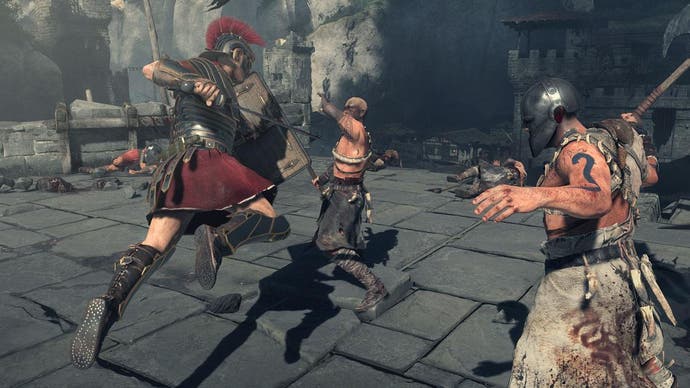
Head of Microsoft Studios Phil Spencer recently addressed these issues in an interview with Revision 3. Spencer argued that it should be up to the creator where to make cuts to deliver the experience they want to deliver. "We could've done something, which I would have said would be draconian and wrong, to go out and dictate that you must hit a certain framerate, or you must hit a certain resolution," he said. "We really want to put those decisions in the hands of the creators and let them decide where they want to spend their resources on the hardware."
"I'll take Ryse as an example. We looked at Ryse at different resolutions with different graphic techniques and we made the decision along with Crytek that 900p / 30 fps with the techniques that we could employ around lighting, around anti-aliasing, the animation- [for] everything that we wanted to run, that was the right answer. I think it's the best-looking launch game out there."
"If people want to get hung up on the numbers, they can do that, but really what they should be looking at is what's on screen, with the controller in their hands, and play[ing] the game," he added. "If they really care they can go play Forza at 1080p / 60 fps; a beautiful game. But games should be defined by more than their framerate and resolution. I think this is an industry about fun and people should put the controller in their hand - or gesture - and play the games and decide what they like. I think that's the soul of what this industry's about."
Elsewhere in the Rev3 interview, Spencer addressed concerns that the Kinect really isn't adding much to most games beyond unnecessary, gimmicky gesture or voice controls. Spencer argued that it's necessary that developers at least have the option for Kinect and not including it in the console would split the market too drastically. "It's something that's really important. Putting a common tool in the hands of all the developers so I don't have to think about [with] a third of the install base: 'Do they have Kinect and the rest of them don't? How do I deal with that?' Making that a common base part of the platform has been really instrumental in getting the devs to support Kinect in many ways."
"Gesture shows up in a ton of the games. Voice shows up in a ton of the games," he added. "Obviously you can go to the extreme where games are exclusive to Kinect, like Kinect Sports Rivals, like Xbox Fitness, like Just Dance. You get some games that are really just about playing with the Kinect sensor, but you're finding a lot of games in that space, which I call the 'hybrid space', that use Kinect and [the] controller... It's just shown that when you put the tools in the hands of the creators they'll come up with some really interesting games that use the technology."
When pressed for examples of games that actually used the Kinect to drastically enhance the experience, Spencer argued that Kinect Sports Rivals and D4 came to mind. He noted that adding controller support to Kinect sports Rivals "would be like playing Dance Central with the controller. It doesn't really make any sense."
Furthermore, he added that D4 "is a great game to look at when you think about Kinect. The game was thought about from the beginning about how gesture could be used to actually control the experience. There was never really a thought about how we'd build a controller-based game. The spirit of the game from day one was about using gesture to really get you emotionally tied into the gameplay experience and I think they've done a really great job with that."
